
Monitoring the world's forests
FAO has been monitoring the world’s forests since 1946 through regular assessments conducted with its member countries. FAO now works with partners to use remote sensing and cloud-based super computers to help countries monitor and report on forests and develop climate change mitigation plans and data-driven land-use policies. The Global Forest Resources Assessment presents a comprehensive view of the world’s forests and the ways in which the extent of forest resources, their condition, management and use is changing.
FAO also compiles global statistics on the production and consumption of forest products, pulp and paper production capacities and recovered paper data surveys. The FAO Yearbook of Forest Products is a compilation of statistical data on basic forest products for all countries and territories of the world.
At a national level, FAO also supports countries to develop national forest monitoring systems, forest product statistics and socioeconomic surveys to improve national forest information.
News

FAO launches new project to help countries advance forest monitoring for transparent commodity value chains
27/11/2024

COP 16: Key guidance launched to accelerate ecosystem restoration under the Global Biodiversity Framework
30/10/2024

New FAO forest monitoring solution supports Indigenous Peoples and smallholders
25/10/2024
Publications

Assessment of emerging employment and decent work opportunities and challenges in the forest sector
2024
This report assesses the potential impacts of megatrends on employment in the forest sector, focusing on both current employment and emerging opportunities. The study examines existing decent work challenges and identifies key issues likely to develop alongside these new opportunities. It also assesses the specific employment opportunities and challenges within different forest industry subsectors.

Global forest products facts and figures 2023
2024
Global trade in wood and paper products dropped steeply from record levels in 2021 and 2022, with the paper trade continuing to decline under pressure from digital media, according to the latest data released by FAO.

Options for addressing the risk of non-permanence for land-based mitigation in carbon crediting programmes
2024
In response to the pressing need for durable forest-based climate solutions, FAO has released a new publication that provides a comprehensive framework for addressing the challenge of “non-permanence” — the risk that emission reductions from forests may be reversed due to events such as deforestation, fires, or pest outbreaks.
International Day of Forests 2024: New solutions for a better world
Innovation and technology are revolutionizing the way we protect and use forests as the world faces unprecedented challenges threatening human well-being and nature. New solutions are transforming forestry, allowing more accurate mapping and monitoring, empowering Indigenous Peoples to be the guardians of forests, promoting ecosystem restoration and driving the development of more sustainable wood and forest products.
21/03/2024

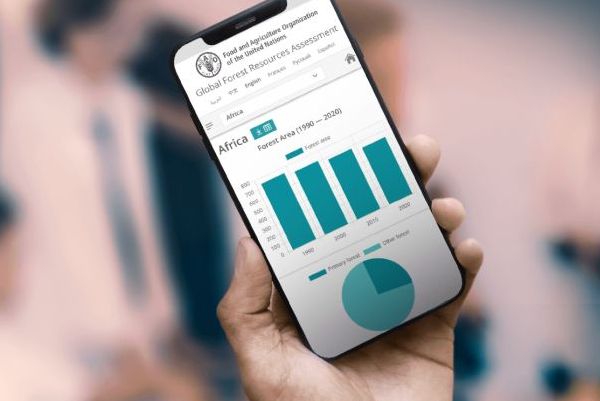

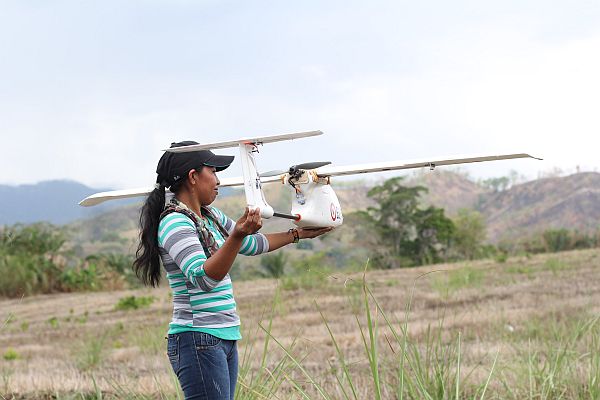

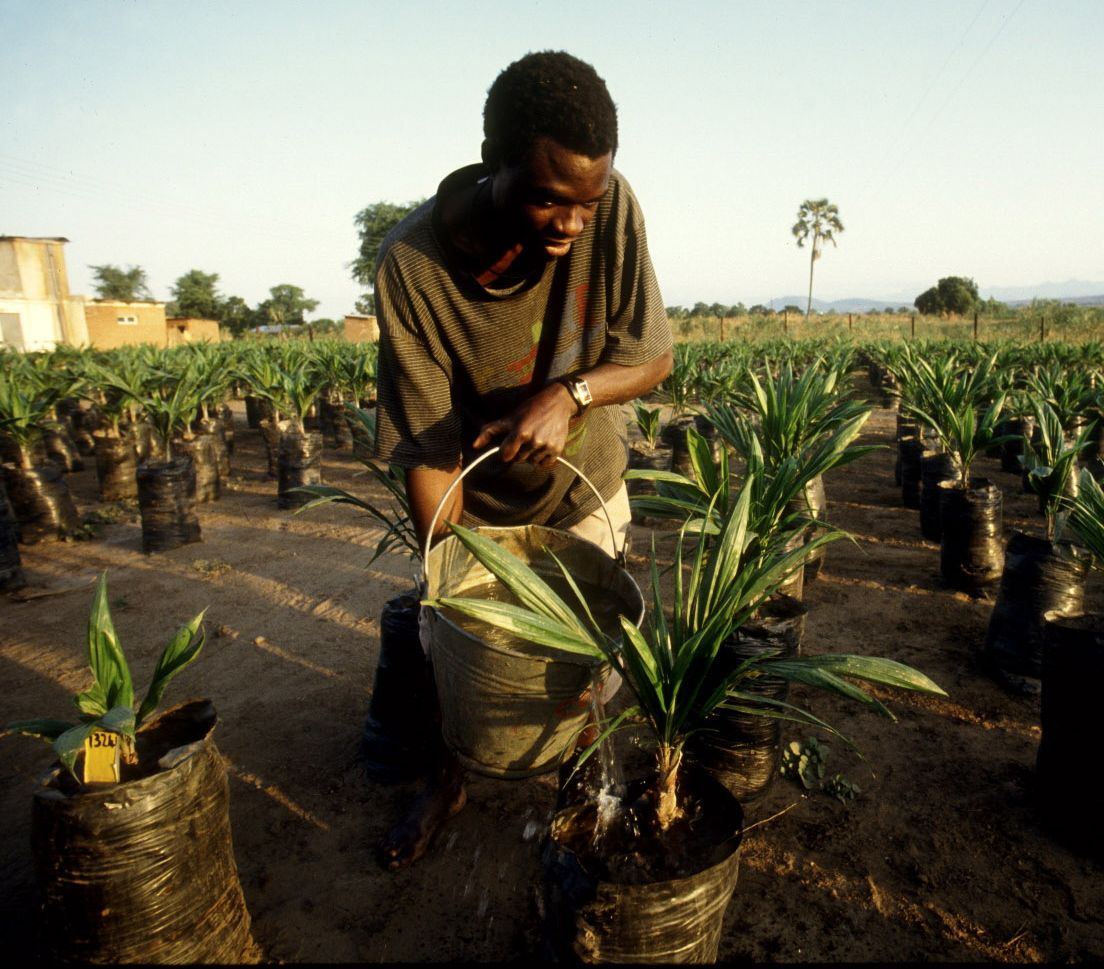
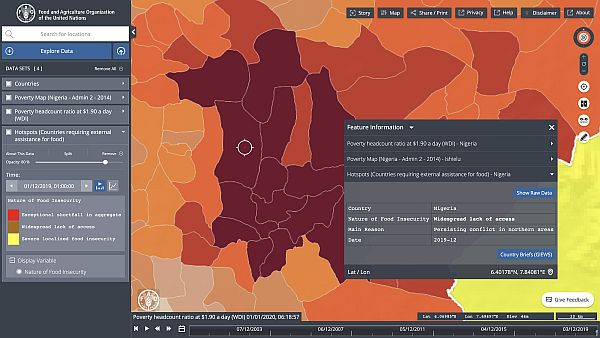
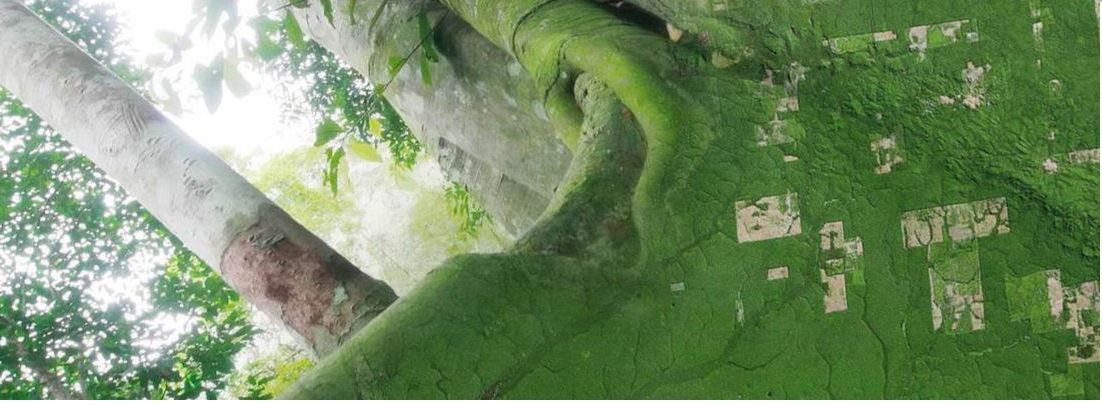
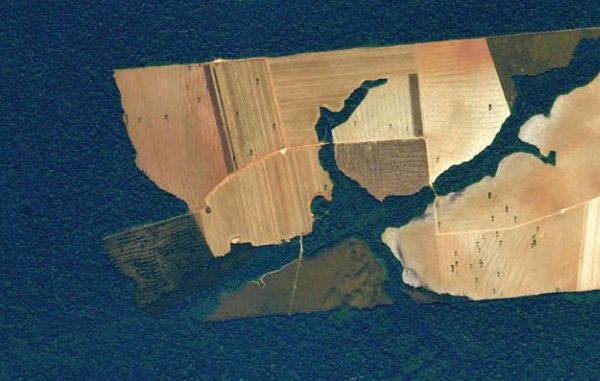
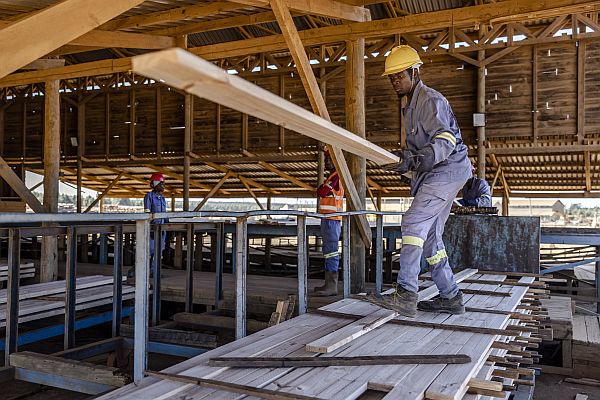
-using-laser-technology-devices-that-measure-both-tree-height-and-thickness-in-areas-of-the-forest-that-are-inaccessible.jpg?sfvrsn=45c3be0e_11)



